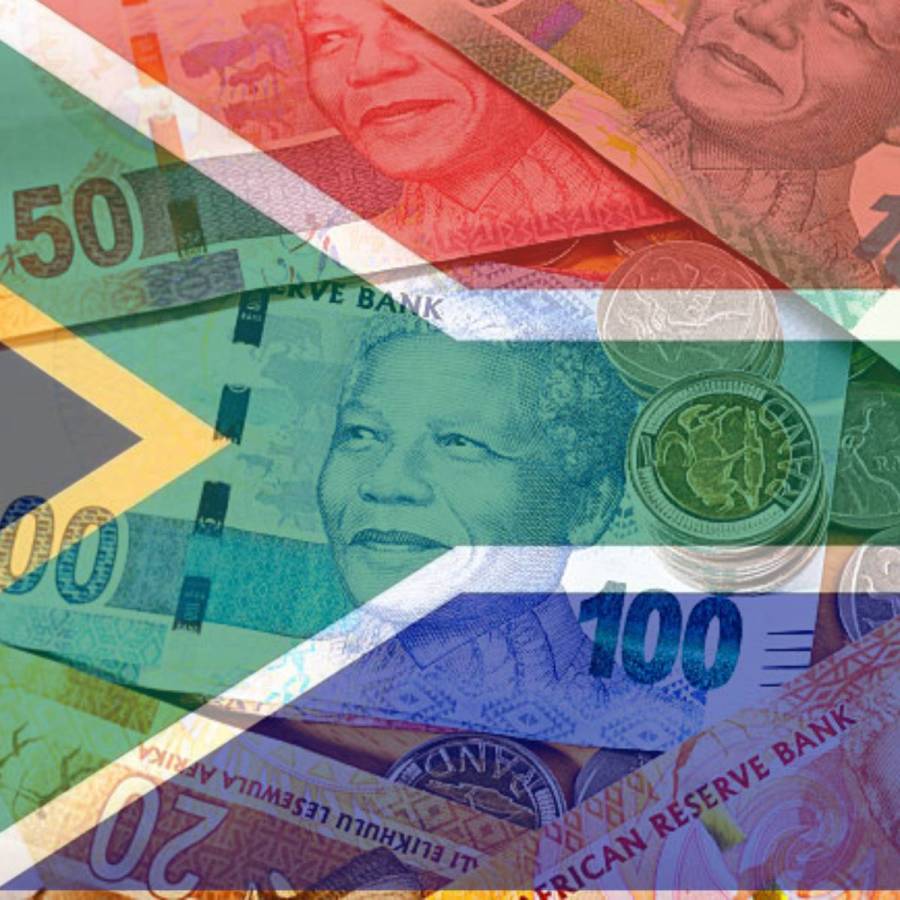If you’re a South African, you may have heard the term “greylist” thrown around in recent news. It’s not the most reassuring term, and understandably, many people are concerned about what it means for their personal finances. In short, being on the greylist means that South Africa is not fully compliant with international tax regulations. This can have a ripple effect on everything from foreign investment to the cost of living. As a skilled assistant who specializes in digital marketing and content writing, I’m here to help you navigate the greylist and understand how it affects your finances. In this article, we’ll delve into what the greylist is, why South Africa’s status matters, and what steps you can take to safeguard your money. So, let’s get started on demystifying this important topic!
Implications of South Africa’s Greylist status on personal finances
South Africa’s greylist status has significant implications for personal finances, both in the short and long term. The most immediate impact is likely to be felt by those who have international banking arrangements, as global financial institutions will be required to implement additional due diligence measures when dealing with South African clients. This could result in longer processing times, as well as increased fees and charges.
In the longer term, greylist status could potentially lead to reduced foreign investment in South Africa, as investors may be less willing to invest in a country that is not fully compliant with international tax regulations. This could have a knock-on effect on the South African economy, with reduced growth and employment opportunities.
However, it’s important to note that not all personal finances will be affected in the same way. Those who primarily have domestic banking arrangements may not see much of an impact, at least in the short term. Nevertheless, it’s still important to be aware of the potential implications of greylist status and take steps to protect your finances.
How to navigate the Greylist
If you are concerned about the implications of greylist status on your personal finances, there are several steps you can take to navigate this challenging environment.
Firstly, it’s important to stay informed about the latest developments regarding greylist status and any actions being taken by the South African government to address the deficiencies identified by the FATF. This will give you a better understanding of how the situation is evolving and what the potential impacts may be.
Secondly, you may want to consider reviewing your banking arrangements to ensure that you are not being charged excessive fees or experiencing longer processing times as a result of greylist status. This may involve talking to your bank or financial institution to discuss your options.
Finally, it’s worth considering seeking professional advice from a financial advisor or tax specialist who can help you navigate the complex world of international tax regulations and ensure that your personal finances are optimally structured.
Tips for managing personal finances during Greylist status
Managing personal finances during greylist status can be challenging, but there are several tips that can help you navigate this difficult environment.
Firstly, it’s important to maintain a healthy savings buffer to help you weather any potential financial shocks that may arise as a result of greylist status. This could include setting up an emergency savings fund, or investing in low-risk assets that can provide a steady income stream.
Secondly, you may want to consider diversifying your investment portfolio to reduce your exposure to any potential risks associated with greylist status. This could involve investing in a range of asset classes, including equities, bonds, and property, both in South Africa and internationally.
Finally, it’s important to stay disciplined with your spending and avoid taking on unnecessary debt during greylist status. This will help you maintain a strong financial position and be better prepared for any potential challenges that may arise as a result of greylist status.
Opportunities for investment during Greylist status
While greylist status can create challenges for investors, it can also create opportunities for those who are willing to take a long-term view and invest in the South African economy.
One potential area of opportunity is in the property market, as the demand for rental properties may increase as a result of reduced foreign investment. This could create opportunities for investors who are looking to generate a steady income stream from rental properties.
Another potential area of opportunity is in the renewable energy sector, as South Africa’s government has identified renewable energy as a key growth area for the country. Investing in renewable energy projects could provide investors with attractive returns, while also helping to support the country’s transition to a low-carbon economy.
The importance of seeking professional advice
Given the complexity of international tax regulations and the potential implications of greylist status on personal finances, it’s important to seek professional advice from a financial advisor or tax specialist before making any major financial decisions.
A professional advisor can help you navigate the complex world of international tax regulations, and ensure that your personal finances are structured in the most optimal way possible. They can also provide valuable insights into potential investment opportunities and help you manage any potential risks associated with greylist status.
South Africa’s greylist status has significant implications for personal finances, banking and financial institutions, and the broader economy. However, by staying informed, seeking professional advice, and taking steps to safeguard your finances, you can navigate this challenging environment and ensure that your personal finances remain strong and resilient. While there are certainly challenges associated with greylist status, there are also opportunities for those who are willing to take a long-term view and invest in the South African economy.
